
#1 in my ranking of Ivan Reitman’s filmography.
Ivan Reitman had been trying to find somewhat to combine the slob, mostly played by Bill Murray, winning out over the squares in the system. The solutions found have been uneasy, at best, in Meatballs and Stripes (Stripes needed to edge into pure fantasy territory just to get audiences to forget some inconveniences in the plot), but it’s in Dan Aykroyd’s insane musings that were the original script to Ghostbusters that Reitman found the most perfect vehicle for his vision of the slob winning the day. Harold Ramis pounded that long, rambling, insane script into a strong structure about a small business finding a niche people need filled and winning over the government trying to shut them down.
One of the most beloved movies of the 80s, I feel no need to recount the story of Bill Venkman (Murray), Ray Stanz (Aykroyd), and Egon Spengler (Ramis) who get let go from Columbia University because of their bad science and reputations. They go off to start their ghost trapping firm right about the time that there’s a sudden rise in paranormal activity in New York City after their first client, Dana (Sigourney Weaver) encounters the dog-like precursor to the Sumerian god Gozer. Things heat up. There’s a confrontation. Many laughs are had along the way.

That being said, I’m curious at the balance between slob and hero that Reitman actually pulls off really well here. Murray’s Venkman is obviously still that slob. He’s described, in the film, as lazy and a charlatan (just like his characters in the previous two Reitman films), and he obviously does much less of the actual scientific work than either Stanz or Spengler. He’s part of a team. He ends up somewhat integral to how things play out, making decisions that get them in the right place at the right time and moving in the right direction, but he’s got support.
The ghost-busting team takes on the overall mantle of the outsider, messier than the establishment-aligned counterparts like EPA inspector Peck (William Atherton), only ever seen in a suit, but smarter and more able to see things as they actually are. It’s in alignment with Murray’s Tripper getting the campers to chant that nothing matters in Meatballs, but much more effectively intertwined into the actual story. They can waltz into a fancy hotel, mess up the place, but get the job done, even if their ways are outside of normal procedure, unconventional, and even otherwise destructive (with unlicensed nuclear particle accelerators on their backs).

And they’re right, of course. Peck accuses them of being charlatans inventing the ghosts that they trap, but Peck’s shutting down of their protection grid opens up the portals to Hell, or another dimension for Gozer to step through. And, of course, they’re the only ones who can deal with it. You see, in Stripes, the entire third act is Murray and Ramis’ fault, but here? Not their fault at all. They try to stop it. It works so much better.
No one talks about the movie in these terms, so the other I’ll touch on is the combination of comedy and special effects driven spectacle, which even Ebert mentioned in his original review. I think we’ve become spoiled at the combination in the decades since Ghostbuster‘s release, but it really is interesting how intricately balanced the two elements are. Scary scenes involving our main characters are allowed to be scary. Scary scenes involving minor characters, like Tully (Rick Moranis), work more towards a balance. However, the focus needs to be put on Murray who so completely dominated both of Reitman’s previous films. Here, he still gets his space to move, to improvise and be snarky and sarcastic, but he’s in a much smaller box within the film’s narrative. He can take over scenes, but he can’t take over the movie. And in the larger scenes he’s in, like the faceoff with Gozer, he can’t take over everything because the technical stuff has to take some level of prominence or the money on it all is just wasted. He’s not the only source of comedy, lots more gets thrown in from performers (especially Moranis) and from the script itself (Aykroyd’s lines seem all scripted and funny).

There’s no real pathos in the film, the closest being Venkman looking forlornly at the dog statue that had once been his wannabe girlfriend, but the film is just simply too sarcastic in general to hold it for long. So, it’s good that the script never tries for character arcs (Venkman learning to love or something). Instead, it’s closer to Back to the Future in just…clearly establishing characters and having them go on an adventure.
I feel like I’ve been too clinical in my approach to the film, but I’ve seen it so many times since I was a child. I find it hard to approach it in a way that’s not me just quoting scenes as great or gushing about how much I love it. Because I do. I love this film. It’s great. It’s a great entertainment and one of the best examples of 80s popular cinema. It’s the first film of Reitman’s nascent career that I don’t wish John Landis had directed because the balance between the comedy and spectacle is so carefully handled here to such great effect while Landis would have gone overboard with chaos by the end. That’s not what Ghostbusters needed. It needed a careful hand. I’m not sure if that’s Reitman’s, though. He might have simply been constrained by the number of large personalities on set (requiring him to find balance in comedy) and the amount of expensive special effects which couldn’t be forgotten. Was Reitman’s hand deft, or were his hands tied?

In terms of Ghostbusters, it doesn’t matter in the least. Whatever the circumstances, the combination came together perfectly to create an all-around entertainment that still works decades after its release. However, while considering Reitman’s career as a filmmaker…I’m going to keep thinking about it.
Originally published here



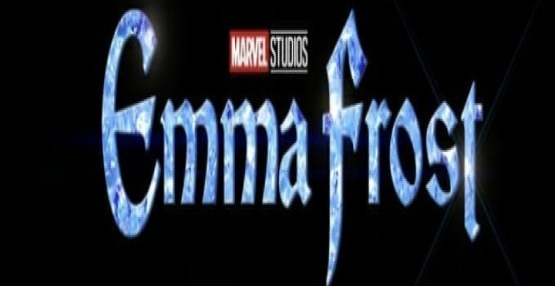
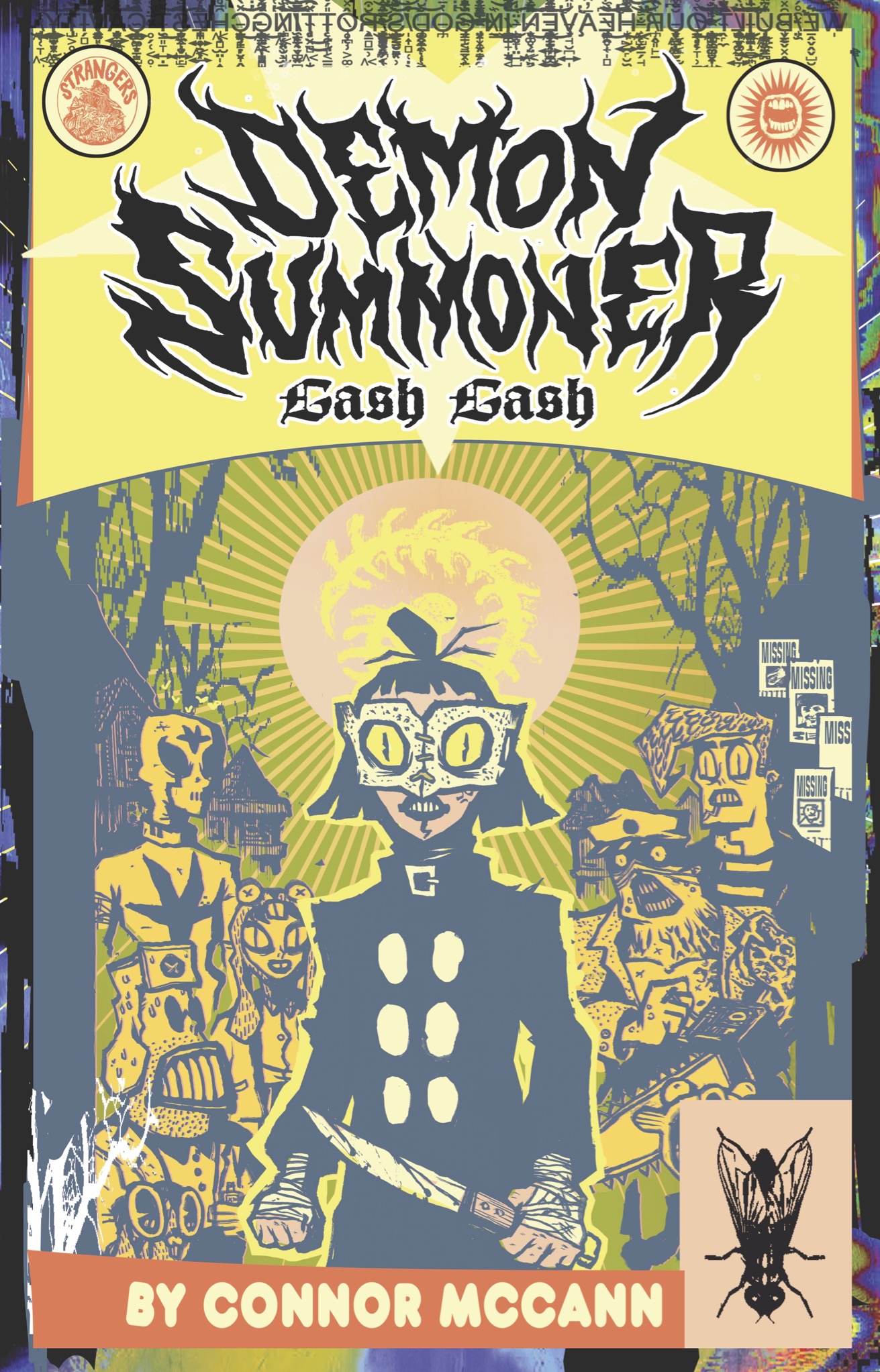
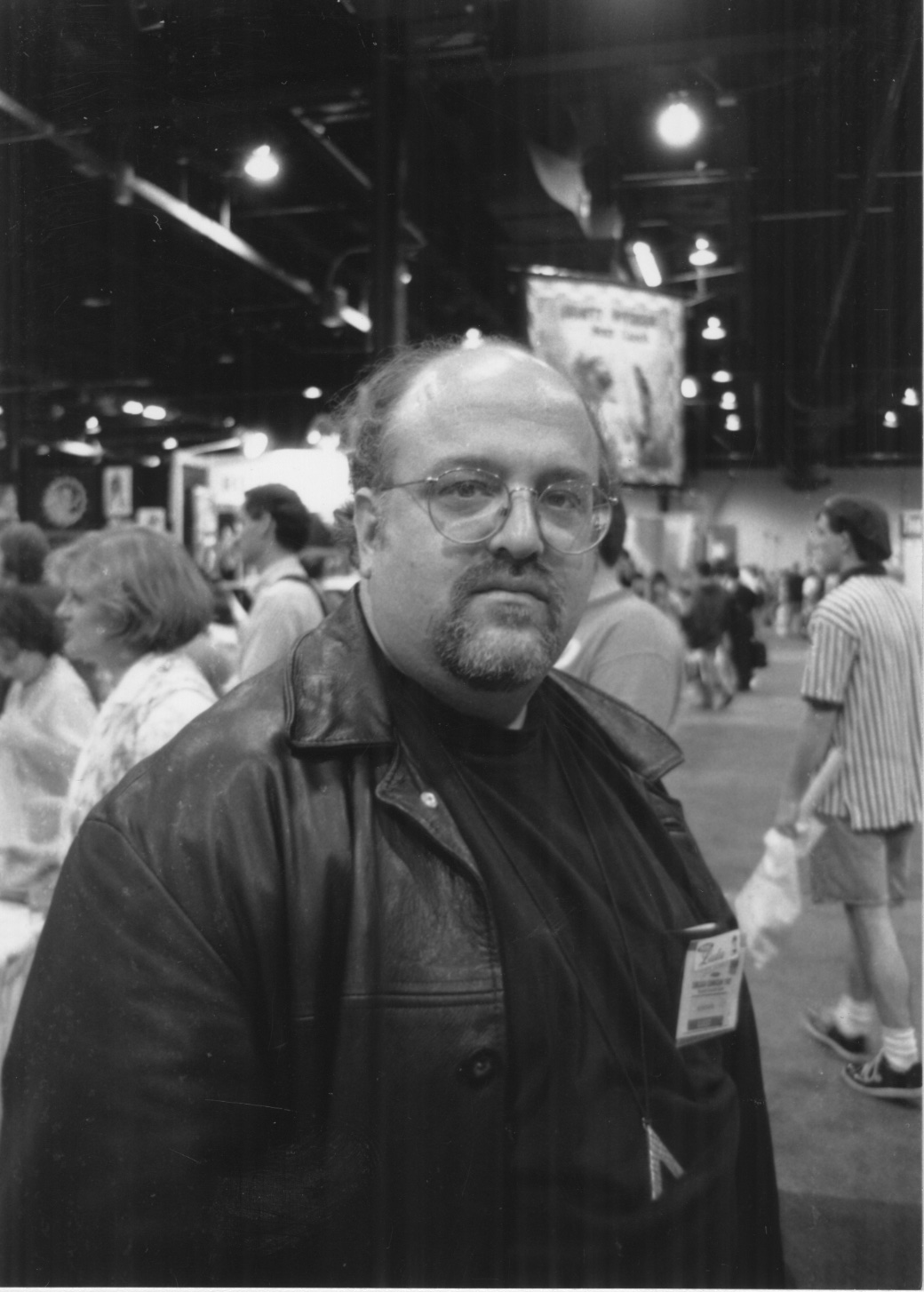

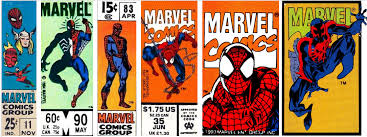


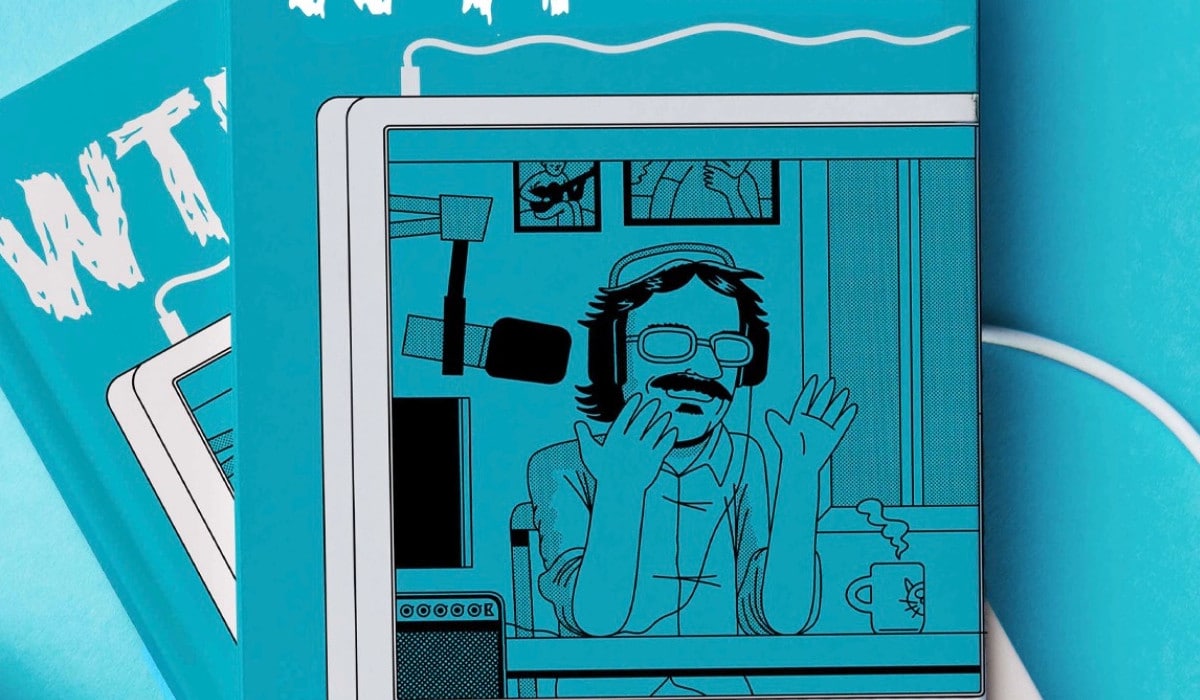
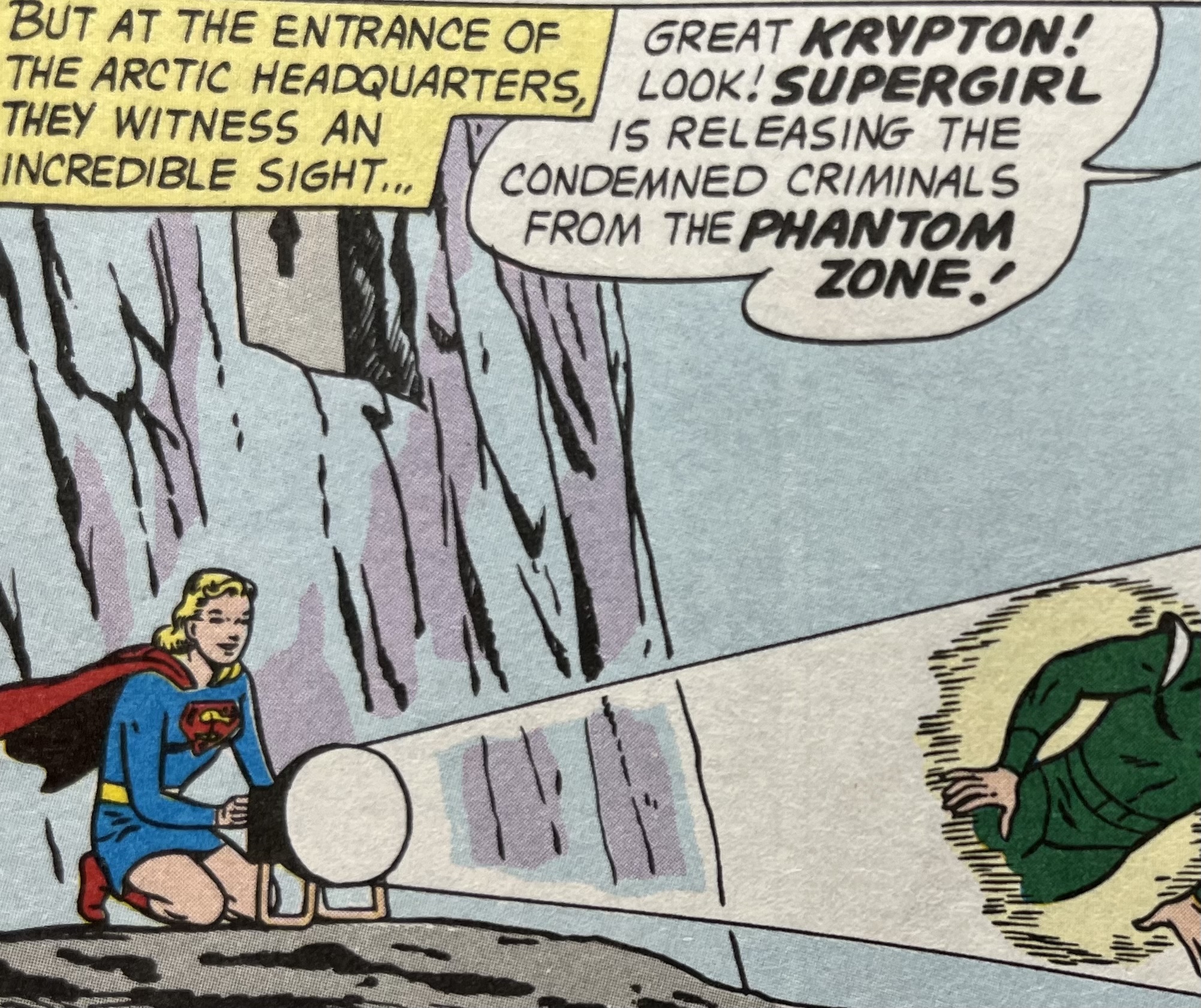




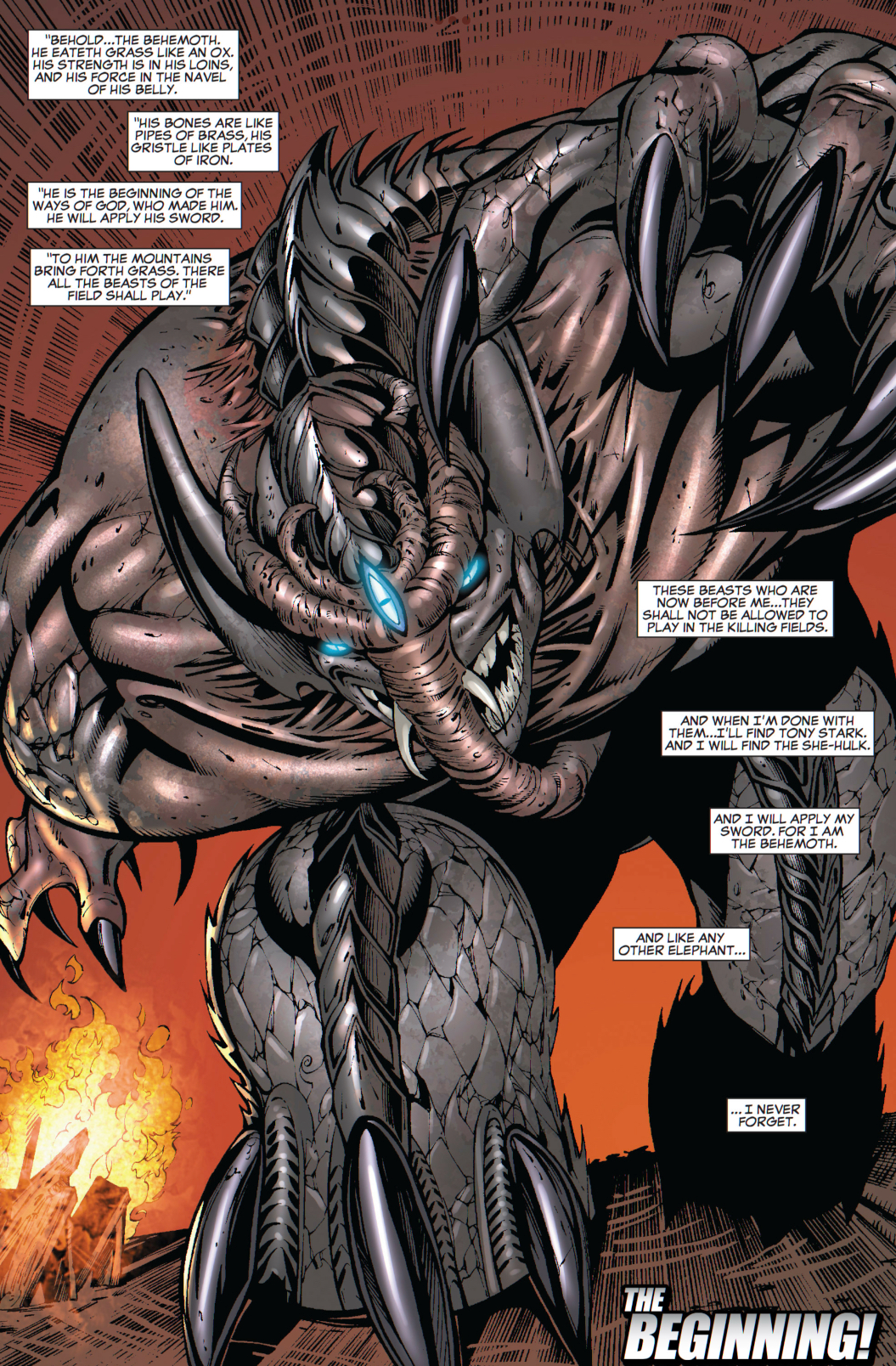
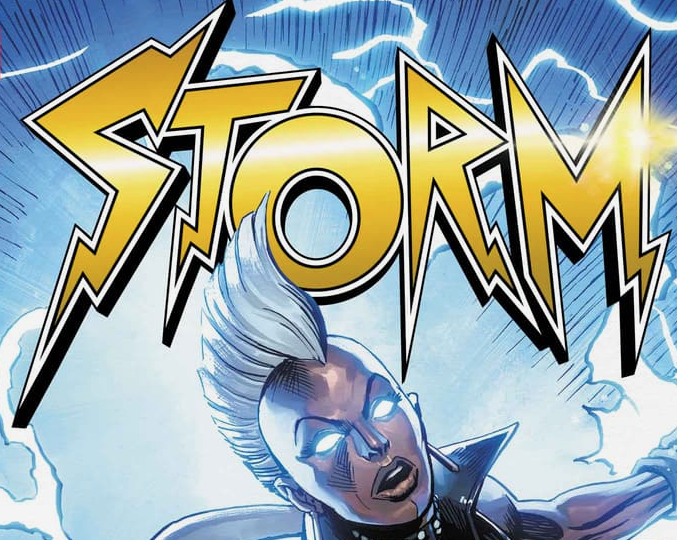
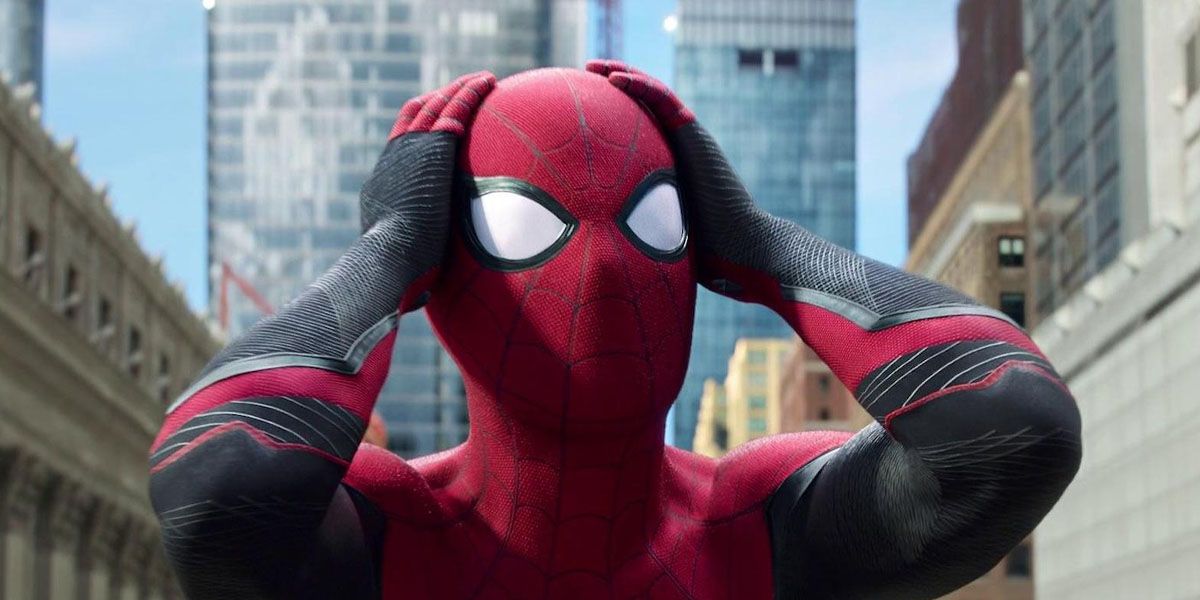
 English (US) ·
English (US) ·